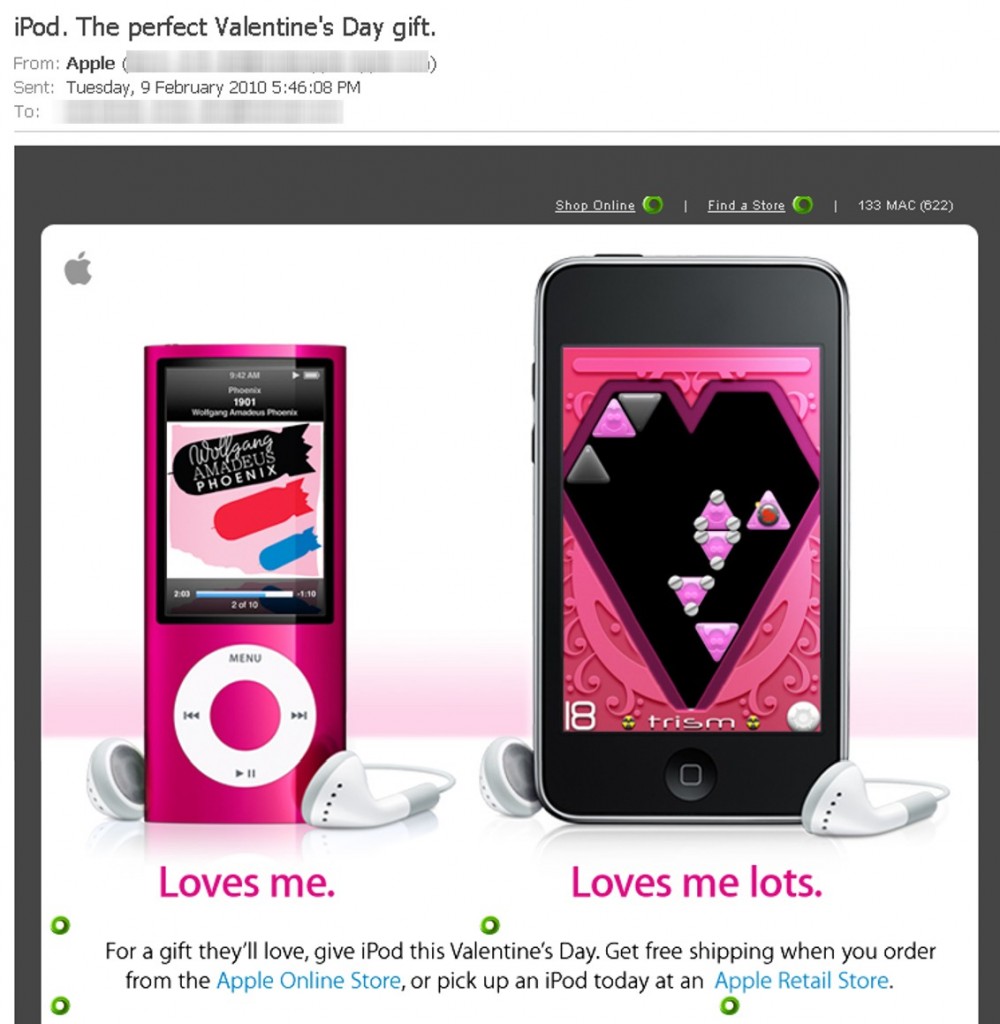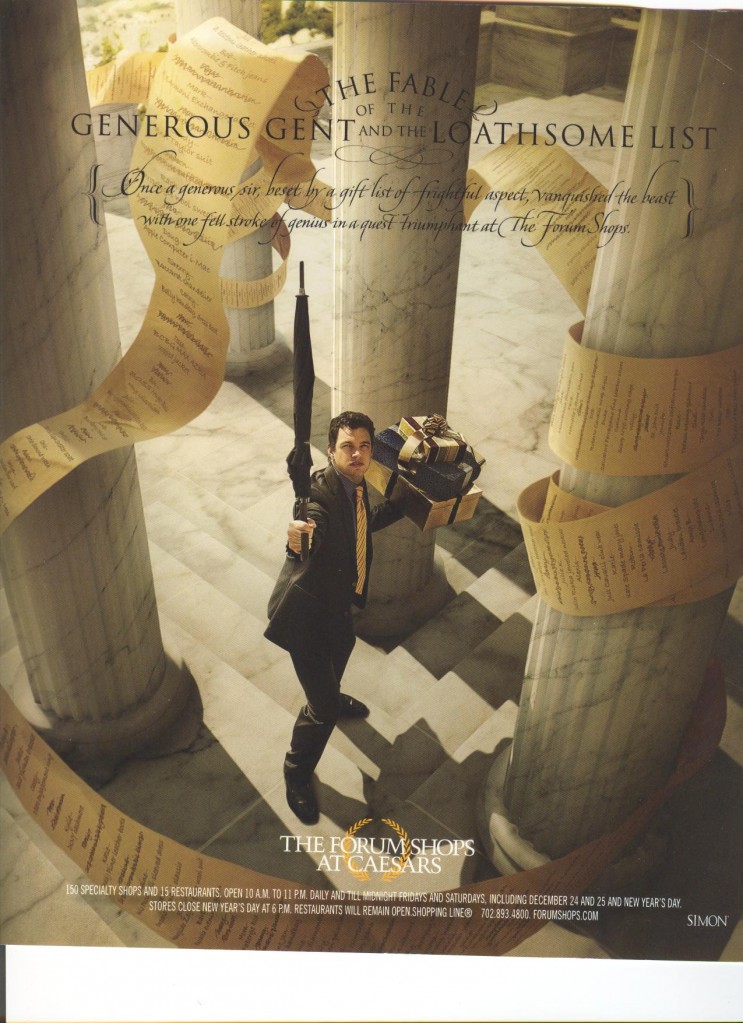Modern Western cultures are argued to be individualistic. That is, most of us in these countries are presumed to prioritize our own or our immediate family’s goals, as opposed to more widely communal ones, and be motivated to support policies and initiatives that help ourselves, as opposed to others or, even, everyone.
I thought this ad for a frogs exhibit at the Vancouver Aquarium, sent in by fds, nicely illustrated this logic. Why should we care about the fact that frogs are going extinct? We should care because their absence will negatively affect our bubble bathing experience.
Compare this ad to an unusual one from the University of Minnesota that suggests that you get a flu shot for the benefit of everyone.
Lisa Wade, PhD is an Associate Professor at Tulane University. She is the author of American Hookup, a book about college sexual culture; a textbook about gender; and a forthcoming introductory text: Terrible Magnificent Sociology. You can follow her on Twitter and Instagram.













